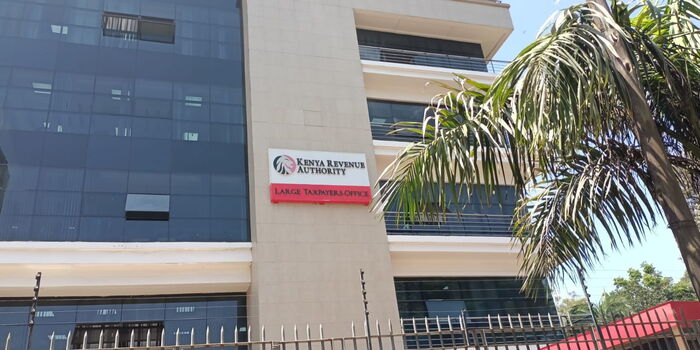
In a notice, KRA reminded
retailers of petroleum products of the requirement to implement the eTIMS Fuel
Station System for all the retail outlets by June 30, 2025.
KRA further advised fuel station owners that they can choose
to integrate by themselves where there is technical capacity or work with a
KRA-certified fuel solution integrator.
“The updated list of approved third-party integrators per
solution is published on the KRA website under "Publications,” KRA
said.
KRA noted that it will continue to support and facilitate
all taxpayers to comply with the electronic tax invoicing requirements.
The eTIMS Fuel Station System is a software solution that
enables fuel stations to meet electronic invoicing requirements in real time,
supporting compliance and operational efficiency in the high-volume, fast-paced
fuel retail environment.
The eTIMS for fuel stations in Kenya was proposed and launched in 2024.
The Kenya Revenue Authority (KRA) implemented this system to
improve tax compliance and transparency in the fuel sector by tracking
transactions in real-time.
On June,2,2025, the CEO of Digitax, Caine Wanjau, noted that
eTIMS is designed to automate the issuance and reporting of tax invoices in
real time.
By integrating
directly with point-of-sale systems and pump controllers, it ensures that every
litre sold, every shilling transacted, and every tax obligation is transparently
recorded.
“This is not about punitive oversight. It is about bringing
structure and integrity to a high-volume industry that, for too long, has
relied on fragmented systems and manual reconciliations,” he said.
Established in 1995 by an Act of Parliament, Chapter 469 of
the laws of Kenya, KRA is charged with collecting revenue on behalf of the
government.
















![[PHOTOS] Betty Bayo laid to rest in Kiambu](/_next/image?url=https%3A%2F%2Fcdn.radioafrica.digital%2Fimage%2F2025%2F11%2F3b166e2e-d964-4503-8096-6b954dee1bd0.jpg&w=3840&q=100)
